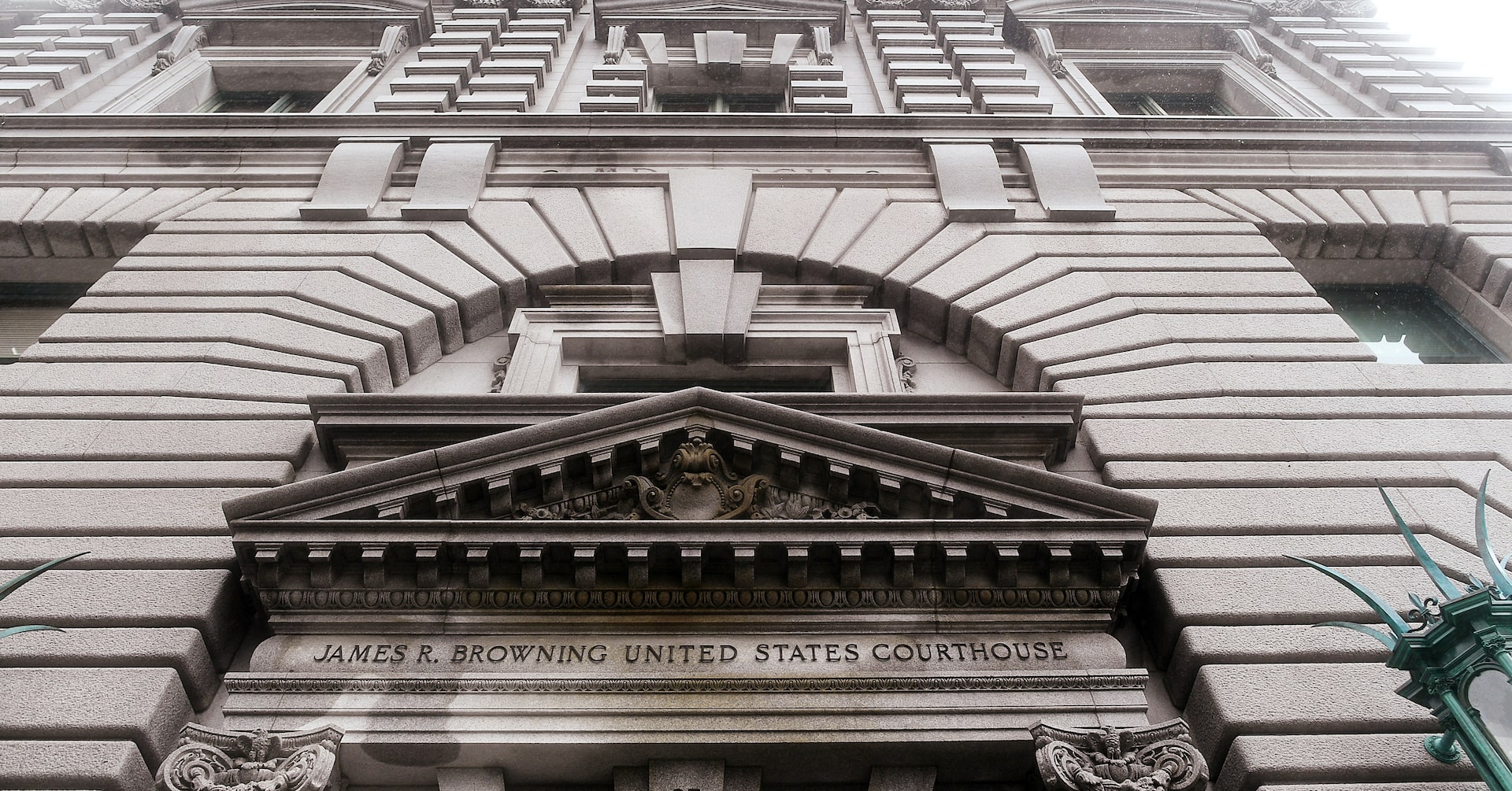
A U.S. appeals court is weighing whether law firm size should factor into attorney fee awards, after a judge refused to grant Big Law-caliber rates to lawyers at a small firm for fear of setting a precedent for other cases.
Sign up here.
The San Francisco-based 9th U.S. Circuit Court of Appeals heard arguments this summer and may rule any day in the case, which could affect future fee awards in California and other western states.
Last year, five-lawyer firm Gaw Poe won a jury verdict that Clear Eyes manufacturer Prestige Consumer Healthcare violated antitrust law by charging wholesalers higher prices than retailer Costco for its eye drops.
The case put a spotlight on a seldom-invoked U.S. antitrust law provision called the Robinson-Patman Act, which restricts when companies can offer discounts to some buyers and not others.
Prestige is contesting the jury’s verdict, and San Francisco-based Gaw Poe is appealing a $3.1 million fee award it says undervalued its work in the case.
Gaw Poe, whose founders Randolph Gaw and Mark Poe once practiced at 1,000-lawyer firms, had sought more than $7.6 million in fees in the Los Angeles case. Because antitrust law includes mandatory fee-shifting, Prestige would be responsible for the payment.
Prestige objected to the requested fee amount at the district court. Its lawyers at Duane Morris argued that Gaw Poe “is not a large firm” but that the rates it submitted — $1,314 for top partners and $1,000 for junior lawyers — were “similar to what certain large Los Angeles firms charge.”
“Notwithstanding Plaintiffs’ counsel’s background, accolades, and expertise in this area of the law, it is simply unreasonable to award big law rates to a four-person firm representing mom-and-pop warehouses,” the judge wrote.
At the 9th Circuit arguments in July, some appellate judges questioned whether firm size should influence fee awards, noting that the standard focuses on lawyers’ skill, experience, and reputation.
“Logically, why would firm size make a difference?” asked Circuit Judge Kim McLane Wardlaw.
Prestige defended the trial judge’s approach, saying he was trying to assess what rates the plaintiffs’ lawyers could actually command.
Poe, arguing for his wholesaler clients, said many plaintiffs-side antitrust lawyers work at smaller firms.
“If we say that firm size is relevant, then there will be a directional disparity between what the defendants are being paid by the hour versus what the plaintiffs are being paid by the hour,” Poe said.
Gaw Poe declined to comment. Prestige did not immediately respond to a request for comment.
Nancy Rapoport, a fee examiner and law professor at the University of Nevada who is not involved in the case, said large firms usually charge higher rates than smaller, so-called “boutique” litigation firms because they have higher overhead.
But there are exceptions, she said, and other experts told Reuters that law firm size should have no bearing on fee awards.
“I see no reason why we would vary the fees based on the size of the firms,” said Jessica Erickson, who teaches corporate and securities law and civil procedure at the University of Richmond.
Law firms are organized in all kinds of ways, said Adam Levitin, a bankruptcy and commercial law professor at Georgetown University. “Fees should reflect the skill, experience, and reputation of the attorneys and the particular challenges of a case, not the details of the attorneys’ business organization,” he said.
— The Utah County Commission is paying criminal defense attorney Kathryn Nester $295 an hour to defend Charlie Kirk’s alleged assassin against capital murder charges, according to a contract obtained by Reuters.
The commission said last week that Nester, a former top public defender in Salt Lake City and San Diego, had been hired to defend Tyler Robinson, who was charged with one count of aggravated murder after he allegedly shot Kirk in the neck during a campus event at Utah Valley University on September 10.
The county contract shows that two California-based criminal defense attorneys — Richard Novak and Michael Burt — will serve as co-counsel to Nester. They will also be paid $295 an hour for their work.
Burt declined to comment. Nester and Novak did not immediately respond to requests for comment.
Robinson made a brief court appearance on Monday, where Nester said her team will seek a preliminary hearing to determine whether there is enough evidence to proceed to a trial.
In a statement, Commercial Metals said it planned to appeal. The company said it “stands by the strong integrity of its business practices and will vigorously defend its position.”
Read more:
Reporting by David Thomas and Mike Scarcella
Our Standards: The Thomson Reuters Trust Principles., opens new tab
David Thomas reports on the business of law, including law firm strategy, hiring, mergers and litigation. He is based out of Chicago. He can be reached at d.thomas@thomsonreuters.com and on Twitter @DaveThomas5150.



